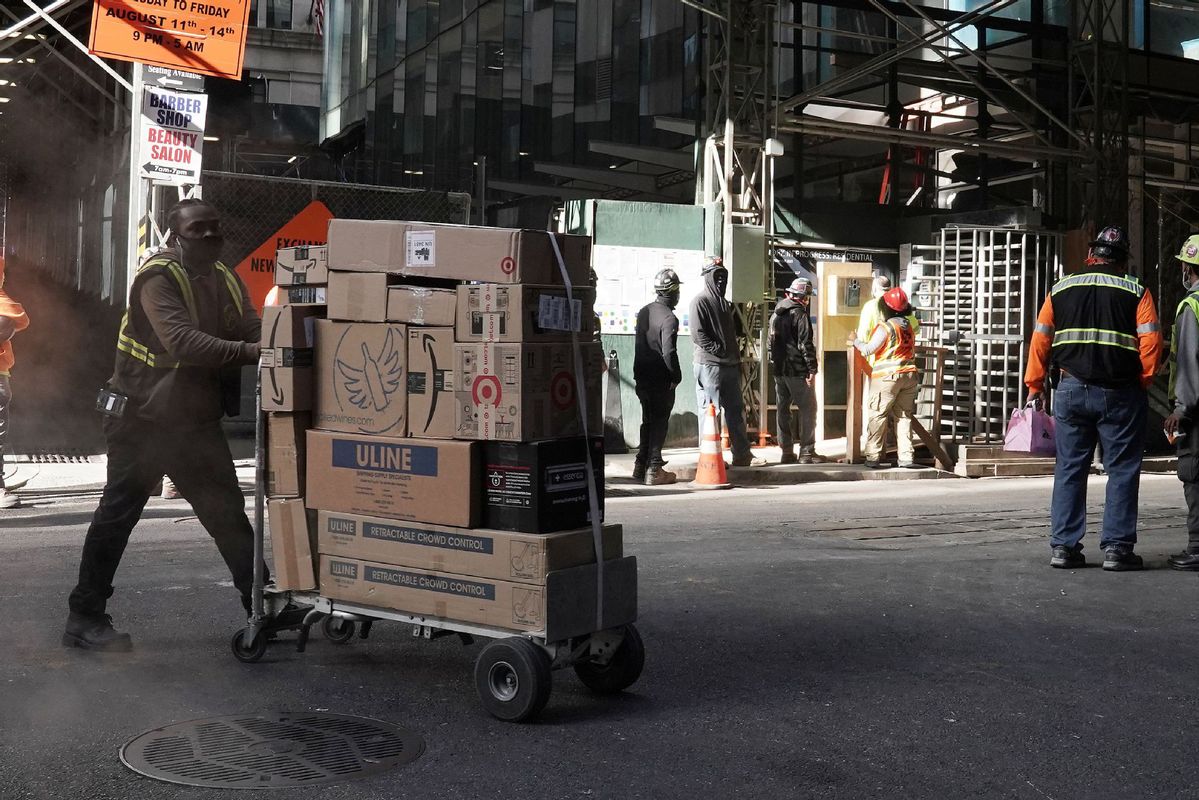Snapshot of pandemic wage pain provided
By LIU XUAN | China Daily | Updated: 2020-12-04 10:07

The COVID-19 pandemic has depressed wages for workers in much of the world, heightening concerns for vulnerable groups and people in less developed countries, a report said.
Wages either fell or grew more slowly in the first six months of 2020 in two-thirds of countries for which official data was available, and the pandemic is likely to exert massive downward pressure on them in the near future, according to the International Labor Organization's Global Wage Report 2020/21.
The report, released on Wednesday, also showed that women and low-paid workers have been disproportionately affected by the economic downturns caused by the pandemic.
Based on a sample of 28 European countries, the ILO found that women would have lost 8.1 percent of their wages in the second quarter of 2020, compared with 5.4 percent for men, if there were no wage subsidies.
Those in lower-skilled occupations in those 28 countries lost more working hours than did those holding down higher-paying managerial and professional jobs. Without temporary subsidies, about half of them would have lost an estimated 17.3 percent of their wages.
The report said that the pandemic has made it more difficult for national authorities to collect statistics, and said only in the coming months and years would the world obtain a full picture of the impact of the crisis on wages and labor markets.
The report found that average wages appeared to have increased in a third of the countries that provided data. But this was largely a result of substantial numbers of lower-paid workers losing their jobs and therefore skewing the average, since they were no longer included in the data for wage earners, it said.
In Brazil, Canada, France, Italy and the United States, average wages have been rising markedly because of job losses that mainly affected those at the lower end of the scale. In contrast, downward pressure on average wages has been observed in Japan, South Korea and the United Kingdom.
In countries where strong job retention measures have been introduced or extended to preserve employment, surges in unemployment have been moderated, such that the effects of the crisis may have been more apparent through a downward pressure on wages than through massive job losses.
Guy Ryder, ILO's director-general, said the crisis has increased inequality, which may lead to more poverty and socio-economic instability, and the consequence "would be devastating".
"We need adequate wage policies that take into account the sustainability of jobs and enterprises, and also address inequalities and the need to sustain demand," he said."Our recovery strategy must be human-centered."























